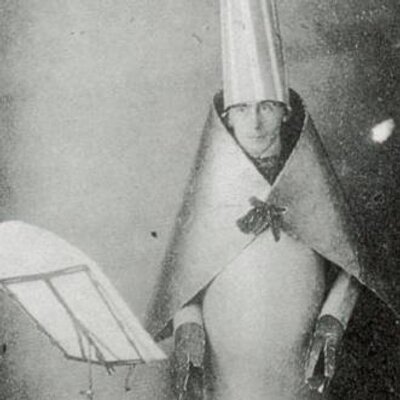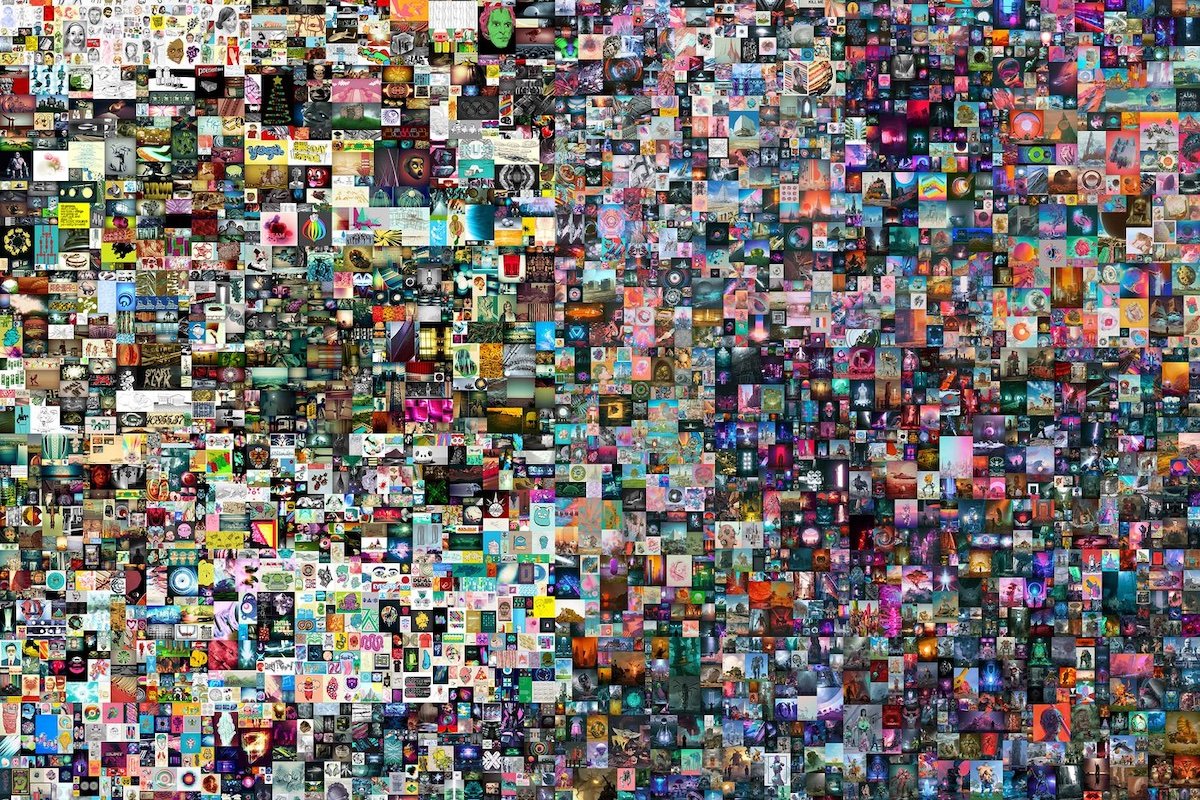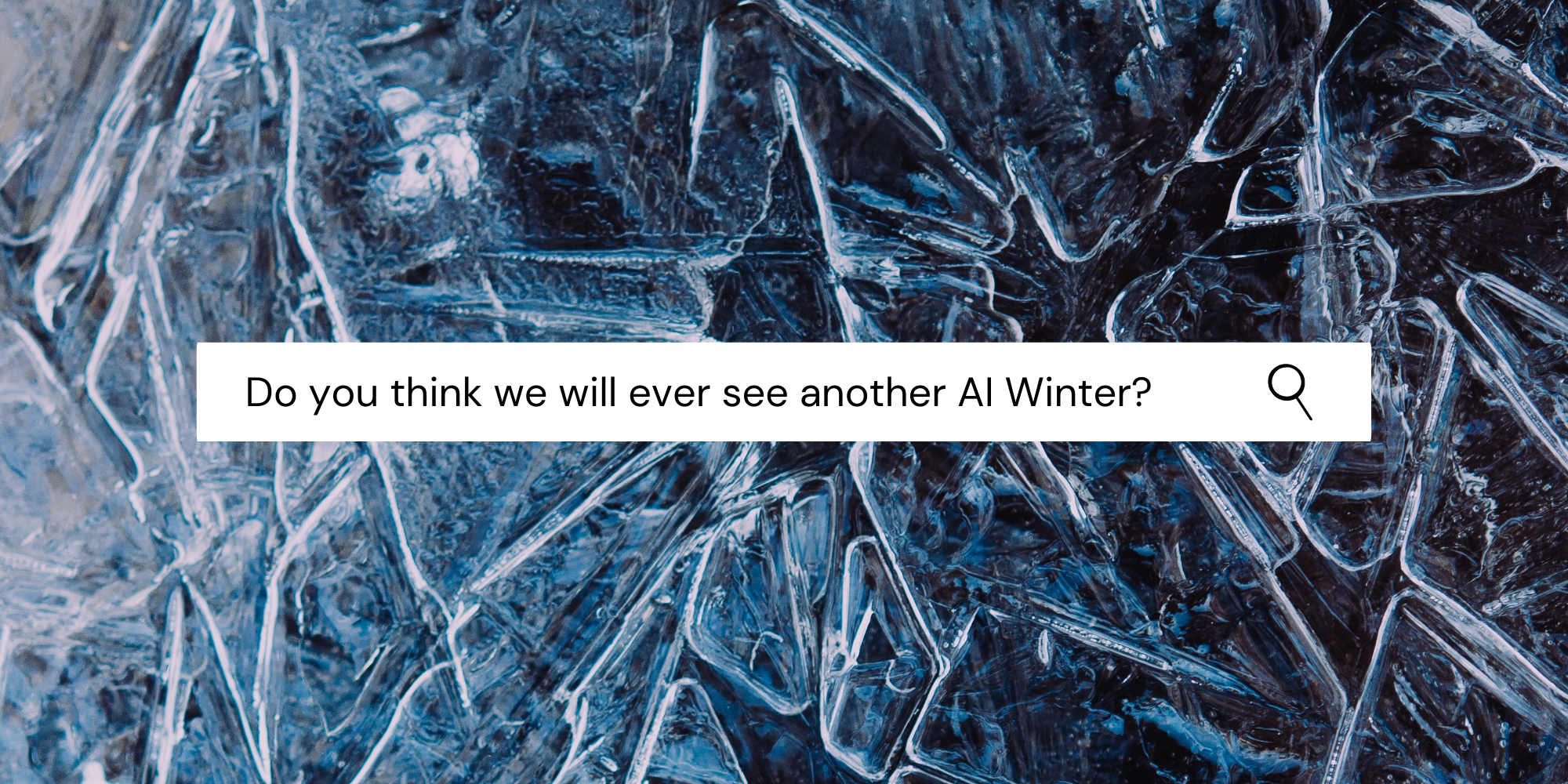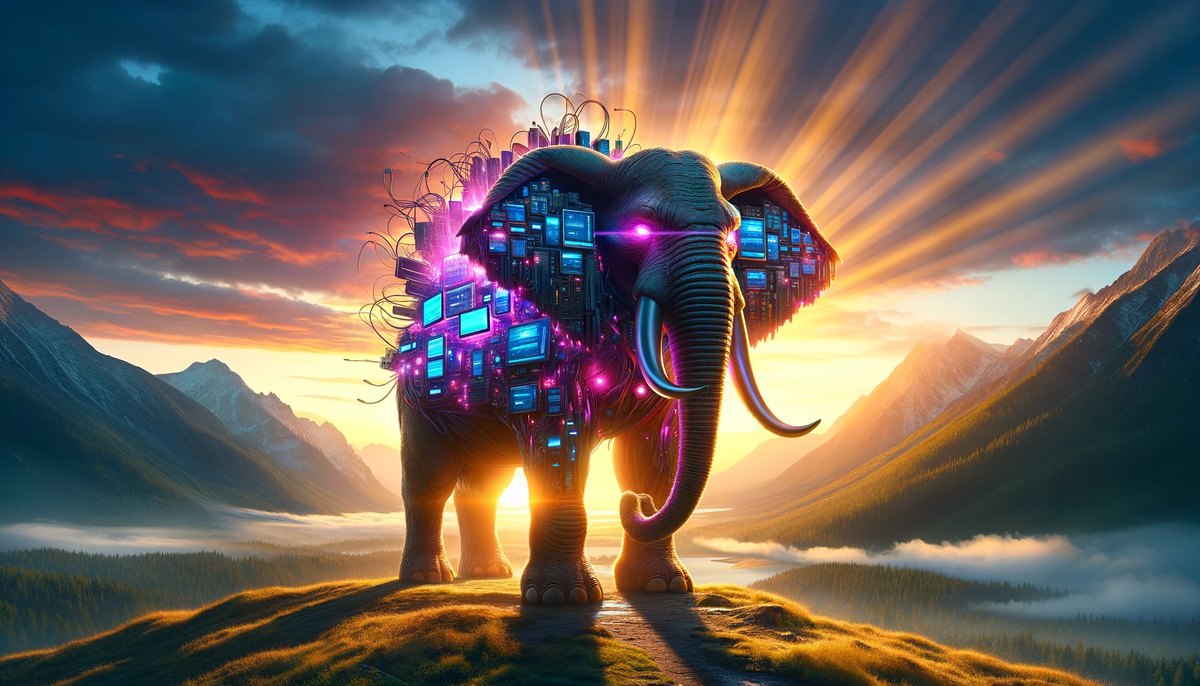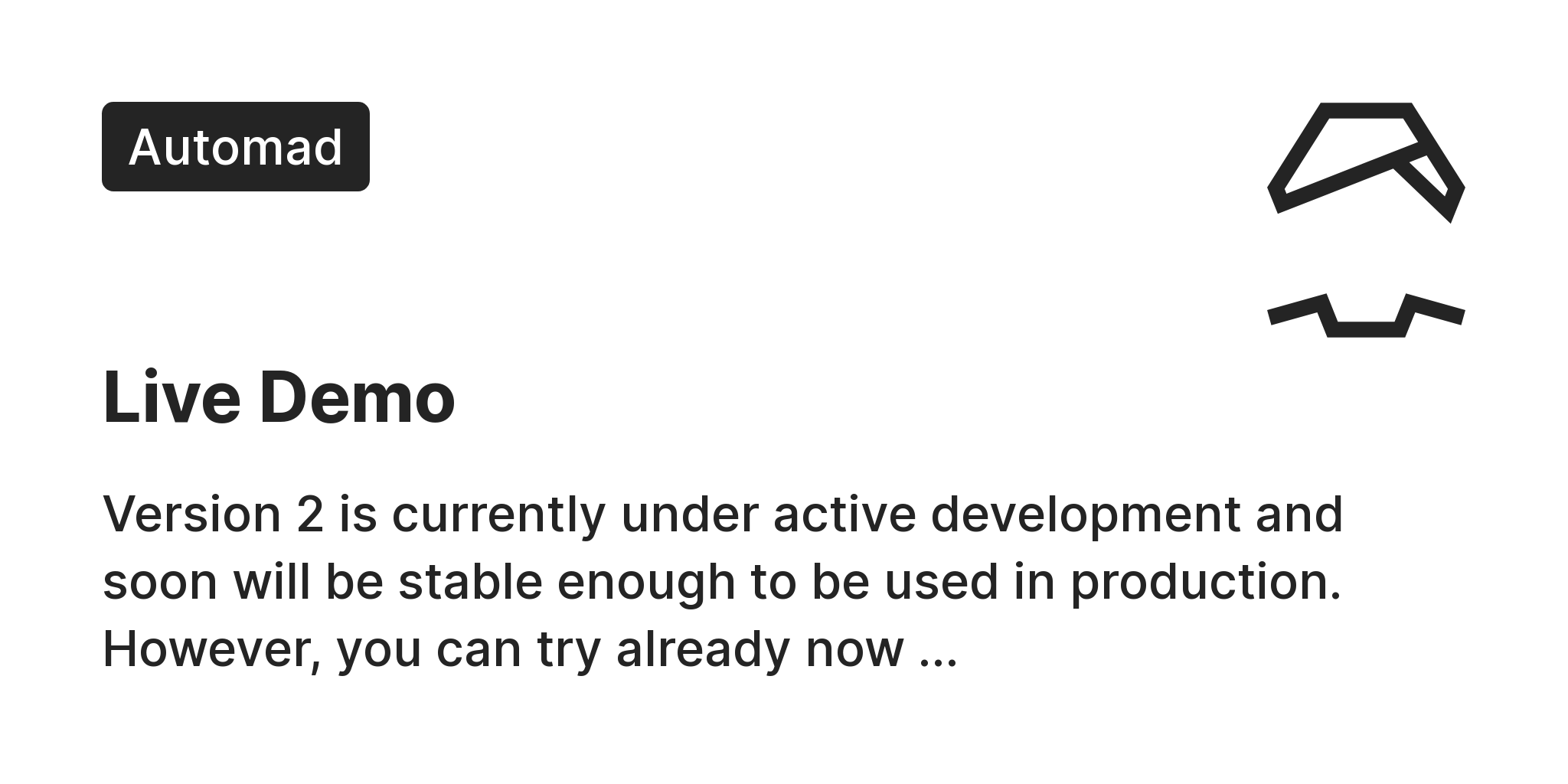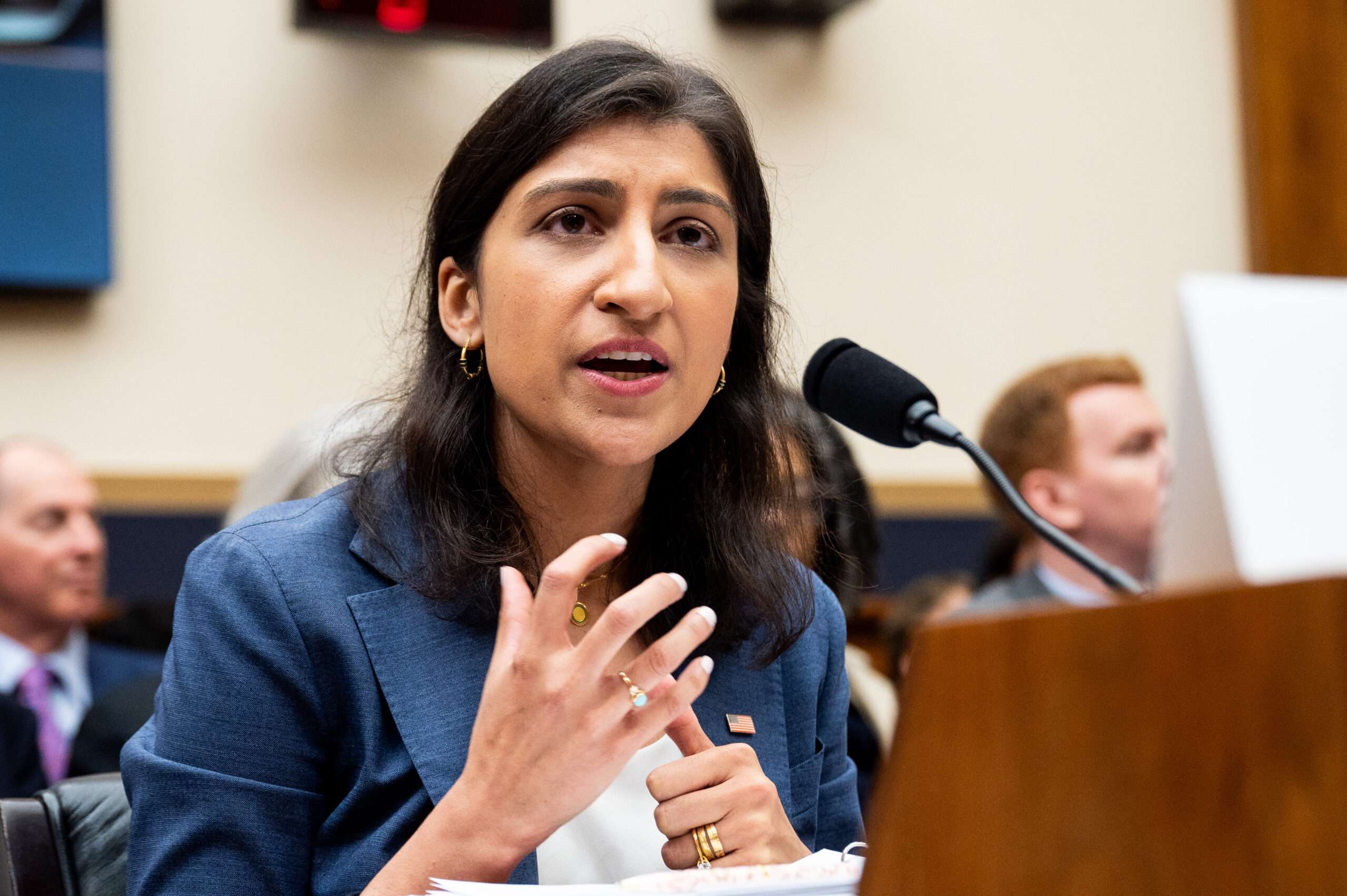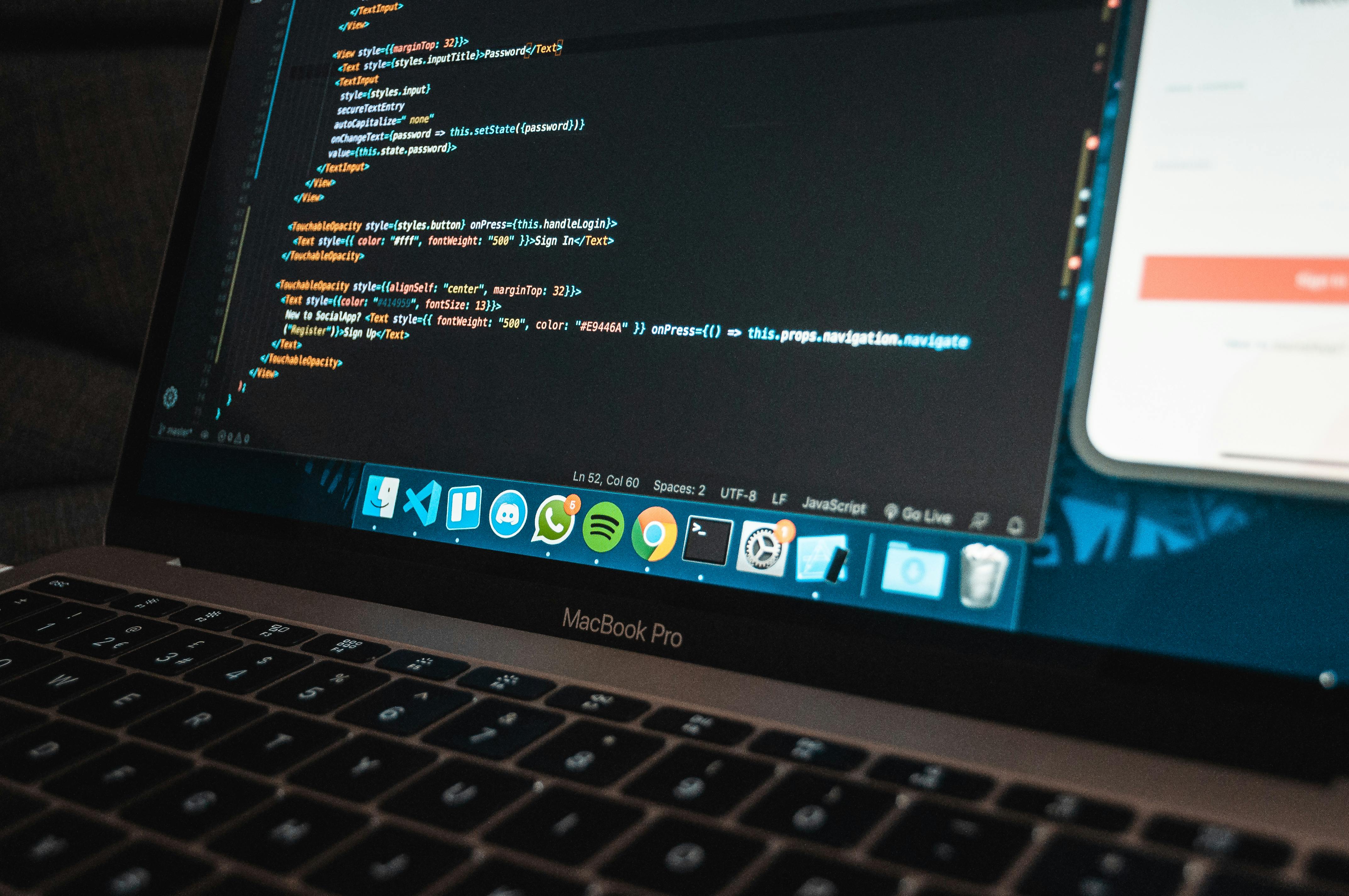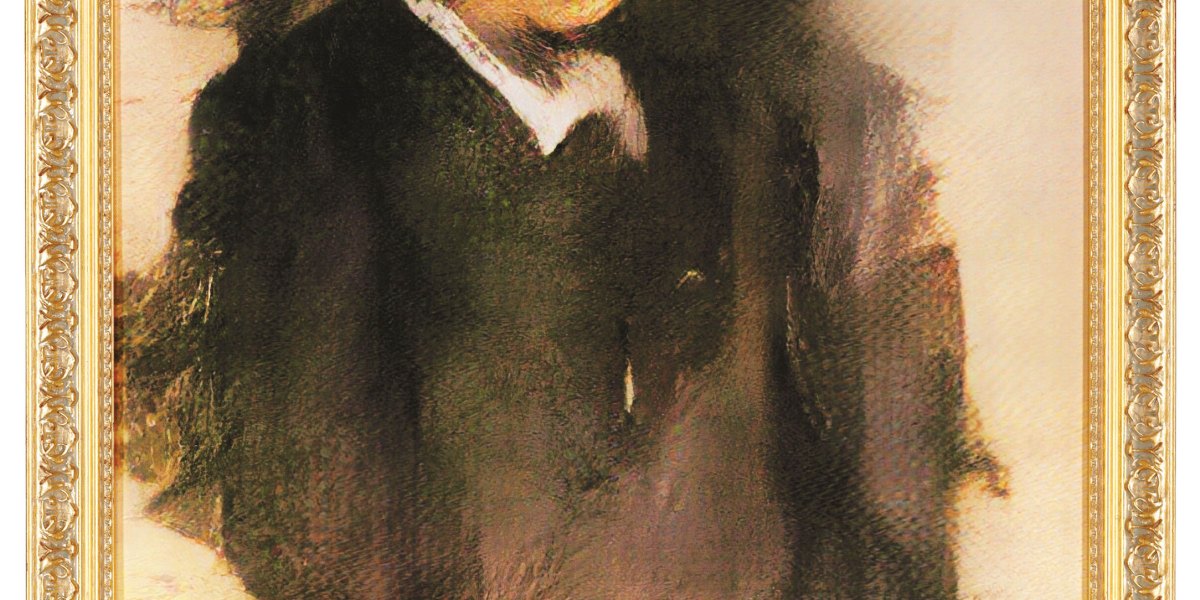
A philosopher argues that an AI can’t be an artist
On March 31, 1913, in the Great Hall of the Musikverein concert house in Vienna, a riot broke out in the middle of a performance of an orchestral song by Alban Berg. Chaos descended. Furniture was broken. Police arrested the concert’s organizer for punching Oscar Straus, a little-remembered composer of operettas. Later, at the trial, Straus quipped about the audience’s frustration. The punch, he insisted, was the most harmonious sound of the entire evening. History has rendered a different verdict: the concert’s conductor, Arnold Schoenberg, has gone down as perhaps the most creative and influential composer of the 20th century.
You may not enjoy Schoenberg’s dissonant music, which rejects conventional tonality to arrange the 12 notes of the scale according to rules that don’t let any predominate. But he changed what humans understand music to be. This is what makes him a genuinely creative and innovative artist. Schoenberg’s techniques are now integrated seamlessly into everything from film scores and Broadway musicals to the jazz solos of Miles Davis and Ornette Coleman.
Creativity is not just novelty. A toddler at the piano may hit a novel sequence of notes, but they’re not, in any meaningful sense, creative. Also, creativity is bounded by history: what counts as creative inspiration in one period or place might be disregarded as ridiculous, stupid, or crazy in another. A community has to accept ideas as good for them to count as creative.

